Starting from July, passengers using the metro rail will face an additional 15 percent Value Added Tax (VAT) on their tickets. The Dhaka Mass Rapid Transit Company, in correspondence with the National Board of Revenue (NBR), conveyed this decision on Thursday.
This move comes in line with the VAT Department`s directive, as part of ongoing efforts to finance various developmental projects aimed at achieving the country`s Vision 2041 of becoming a developed nation.
The government relies heavily on revenue collection, primarily through direct and indirect taxes, to fund these initiatives. To foster the growth of domestic industries, boost production of import-substitute goods, and enhance small-scale enterprises, tax exemptions have been historically granted across different sectors.
However, as the nation progresses towards its goal of transitioning out of the Least Developed Country (LDC) status and improving the tax-GDP ratio, these exemptions are gradually being phased out, narrowing the scope of tax relief.
In accordance with this strategy, the NBR has decided against extending the exemption on VAT for metro rail services beyond December 28, 2022, through June 30, 2024.
The metro rail service, inaugurated in December 2022 with the Uttara to Agargaon route, has been operational since. The service has witnessed considerable patronage, particularly on the Uttara-Motijheel route, accommodating around 250,000 passengers daily.
This adjustment in VAT policy reflects the government`s broader fiscal approach to sustainably finance developmental endeavors while ensuring equitable tax obligations across sectors. As passengers brace for increased fares, the focus remains on advancing infrastructure and economic development to propel Bangladesh towards its long-term aspirations.








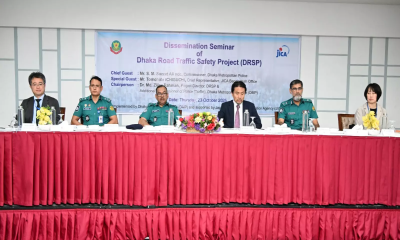

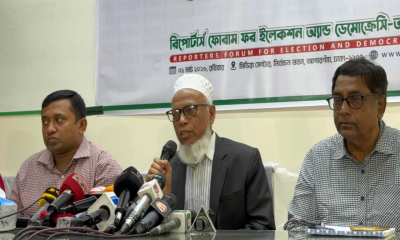


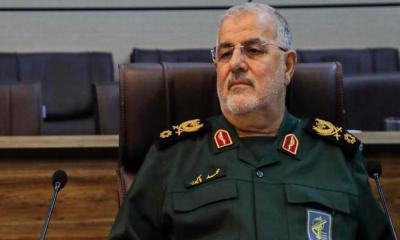
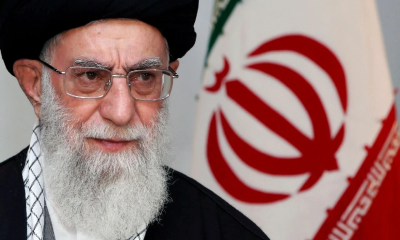
-20260301064029.webp)

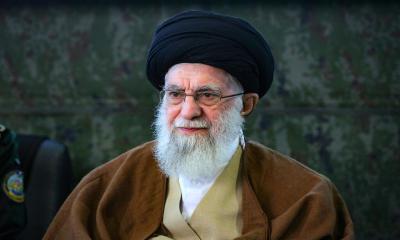
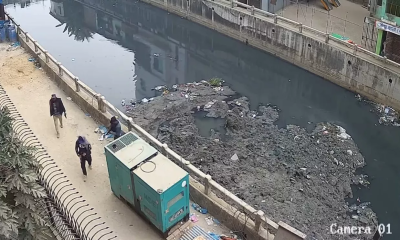
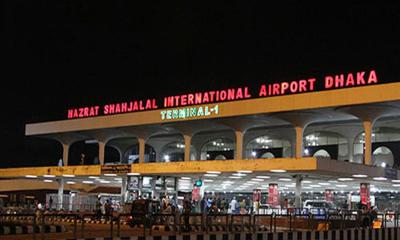

-20260228080513.webp)
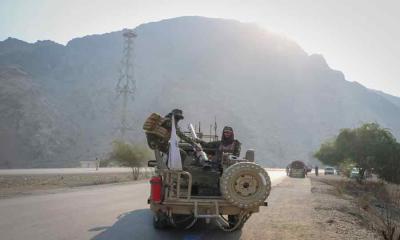
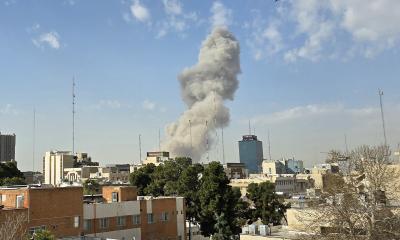
-20260228064648.jpg)





-20260224075258.webp)





-20260225072312.webp)


